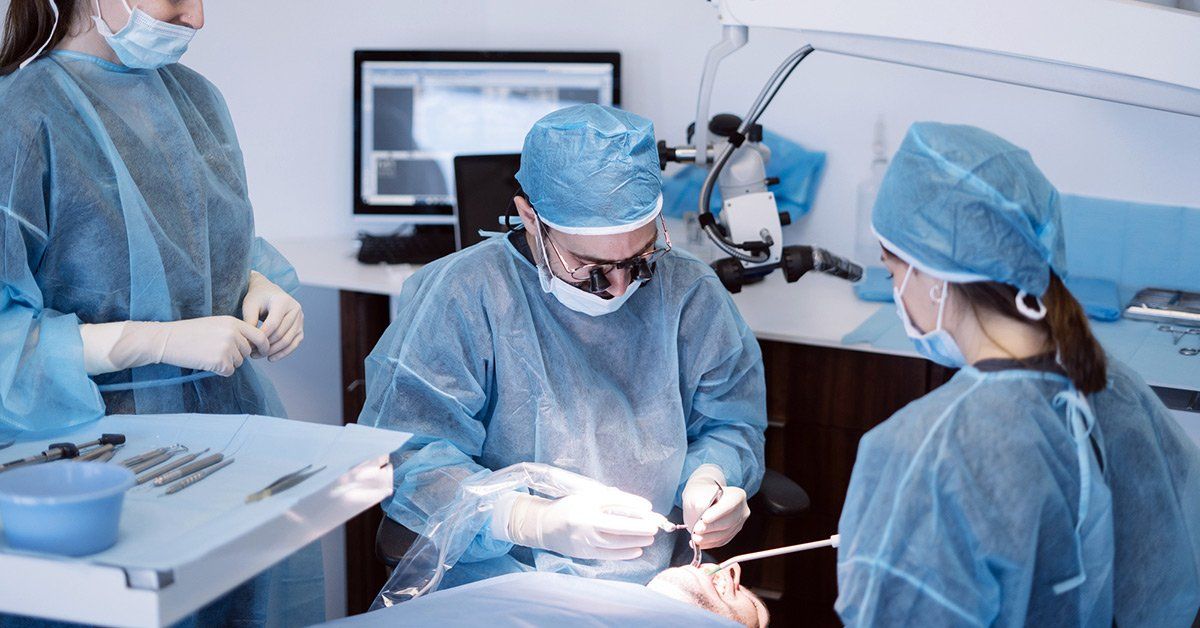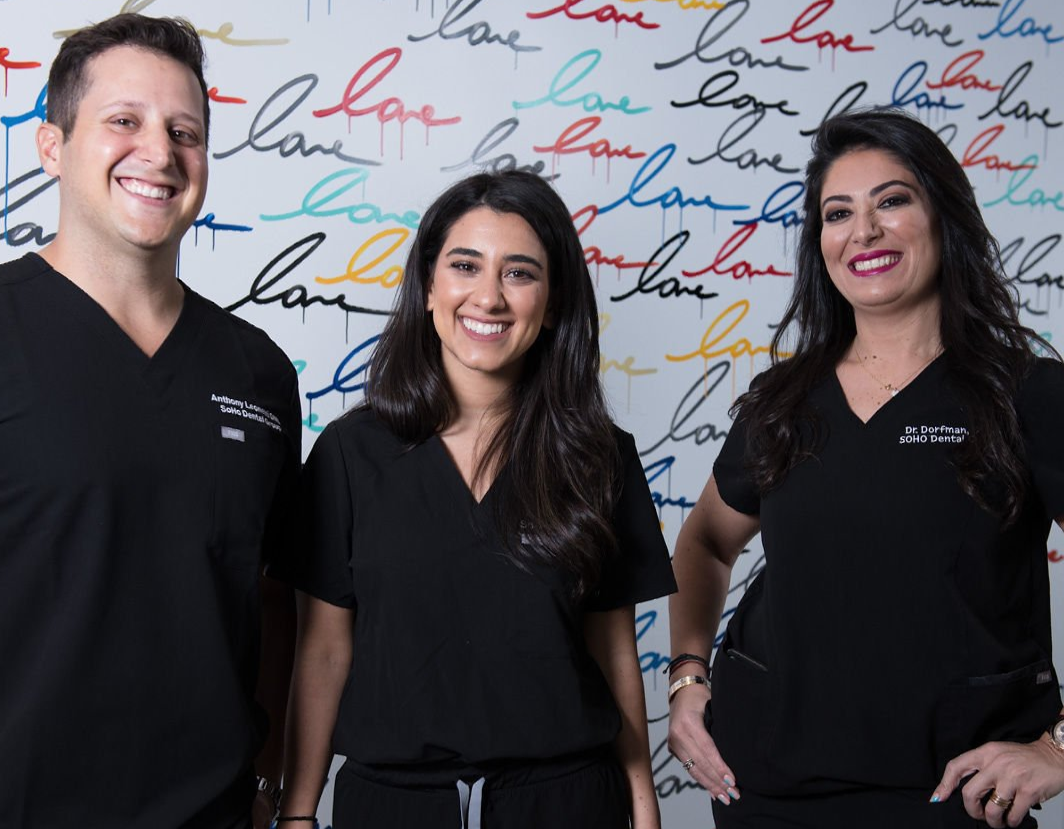How to Prepare for Dental Surgery
Are you in need of dental surgery? There's no need to fear; this is everything you can do to prepare for your upcoming surgery.
In the United States, ten million people get their wisdom teeth removed each year.
Although it's quite scary for many people, dental surgery is more common than you might think. If you have been putting off your dental procedure, you can go into it with confidence.
If you have dental surgery anxiety, you came to the right place. Read on to learn how to prepare for dental surgery.
Stay On Top of Your Medical Records
If you're in the process of preparing for dental surgery, the first thing you need to do is make sure your medical records are up to date. Whether you're seeing a mouth specialist or switching dentists, you'll want to make sure they have access to your medical records.
Your medical records will include anything from x-rays, dental history, and overall mouth history.
Ask Questions During the Consultation
Although people don't have the opportunity to ask questions before an emergency dental surgery, knowing the procedure in advance will give you more time to prepare.
The first time you meet with the oral surgeon, you must be well prepared before the consultation. While a good oral surgeon will go over your x-rays and explain the procedure in detail, it's important you don't forget about any questions you might have.
Ask your doctor if there are any alternatives to the surgery, what you can expect from the healing, the risk factors, etc. The doctor might answer most of your questions as they go over the procedure with you, but make sure you write down all of your questions and check them off as you go
Arrange Reliable Transportation
Although oral surgeries are outpatient procedures, chances are you will need help getting home.
Due to the effects of anesthesia, you won't drive your car or take public transportation by yourself. You must arrange for a friend or family member to drive you home after your dental procedure.
Because you will have to take antibiotics and pain medication after the procedure, it might be a good idea to arrange for someone to stay with you for a couple of nights until you're feeling recovered.
Make sure the person driving you home from the oral operation is familiar with any aftercare.
What Foods You Can Eat Before and After
Before and after oral surgery, you will have some food restrictions. The last thing you want is to show up at your surgery and have it postponed because you ate something you weren't supposed to.
If you're going under anesthesia, chances are you can't eat or drink anything eight to 12 hours before the surgery. However, you might be allowed to eat if you're only getting local anesthesia.
Depending on your surgery, your dentist might have specific restrictions before the surgery. If your doctor authorizes you to eat a light snack before the surgery, ensure you brush your teeth to cut down on bacteria.
After the surgery, you will also have to follow the dentist's dietary restrictions to ensure the success of the procedure. Chances are, you will have to follow a soft diet immediately after the surgery.
You will need to avoid foods that require a lot of chewing and biting. To avoid irritating your mouth, you will also need to avoid spicy or condiment foods.
Don't forget you wait until after the anesthesia has worn off to eat or drink to avoid biting your tongue or having an accident.
What You Should Wear
Before a dental procedure, many people don't think about what they should wear to surgery. Staying comfortable should be your number one priority when you're getting dressed before your surgery.
You should wear comfortable, loose-fitting clothing that you can afford to ruin if something gets spilled on them during the surgery. Because they will need to insert an IV line and monitor your vitals, make sure you wear a short sleeve, loose t-shirt to prevent putting any pressure on your blood vessels.
Most surgeons will also advise their patients not to wear heavy jewelry, makeup, face jewelry, or contacts.
Make sure you bring a bag big enough to store your belongings such as keys, wallet, glasses, and other personal items.
Tell Your Doctor About Your Medications
Because a dental procedure is a serious surgery, you need to talk to your doctor about any medications you're currently taking or might be allergic to. For example, you will have to stop taking all blood-thinning medications, such as aspirin —they can delay the healing process.
Some surgeons might have their patients start taking some medications before the surgery to get them ready for the procedure.
After the procedure, you can expect your dentist to prescribe you a combination of pain medications and antibiotics. The more complex your surgery, the more medications you will have to take after.
Leave Your Home With Plenty of Time
Even if you're having outpatient oral surgery, it can cause a significant amount of stress. If you're having pre-surgery jitters, make sure you allow enough time to arrive at your surgery.
Leaving with plenty of time will allow you to account for any traffic roadblocks and other delays.
As a rule of thumb, you want to arrive 20 minutes early for the procedure. Arriving early will give you time to complete the paperwork and get settled before the surgery.
Allow Yourself Time to Heal
The procedure is only a part of oral surgery. You will have to allow your body time to heal after. Depending on the complexity of the procedure, you might be out of commission for a few days.
Ensure you take time off work to give your body time to heal after the surgery. It's also a good idea to prepare your meals and have someone to care for your pets.
Are You Ready for Your Dental Surgery?
Now that you know how to prepare for dental surgery, it's time to schedule your procedure.
To prepare for oral surgery, you should get your medical records in order, ask the right questions, arrange a ride home, and allow your body time to heal.
Are you a good candidate for oral surgery? Contact us today for a virtual consultation.



